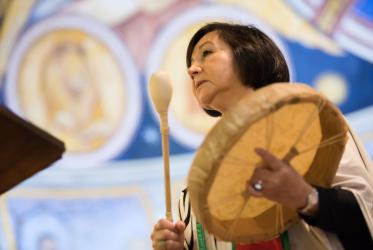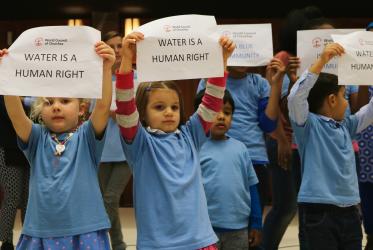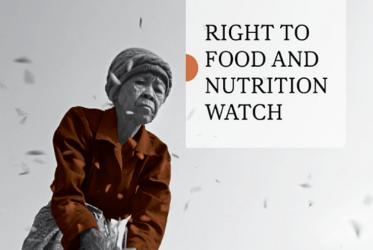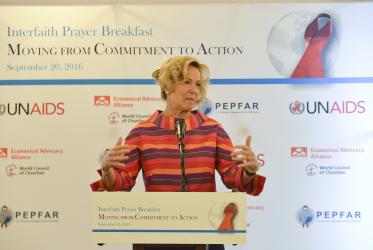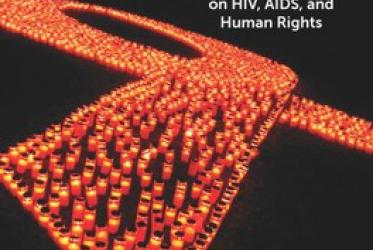Displaying 181 - 200 of 379
Dr Halfdan Mahler leaves legacy of public health justice
22 December 2016
Plans for 2017 decided by WCC Executive Committee
01 December 2016
Lead by example: get HIV tested
30 November 2016
WCC Executive Committee issues statement on climate justice
25 November 2016
COP22 media pack available from ecumenical groups
10 November 2016
Advocates urge transition to low-carbon economy, clean energy
09 November 2016
Workshops reveal impact of Reformation on today's social issues
07 November 2016
New videos help congregations hasten HIV response
20 October 2016
Tveit offers input at religion and development meeting
03 October 2016
Faith-based groups bring hope for a fast-track HIV response
20 September 2016
WCC general secretary reflects on peace in Palestine and Israel
20 September 2016
Interfaith prayer breakfast - moving from commitment to action
19 September 2016
WCC book featured in UN discussion on gender, religions and health
16 September 2016







